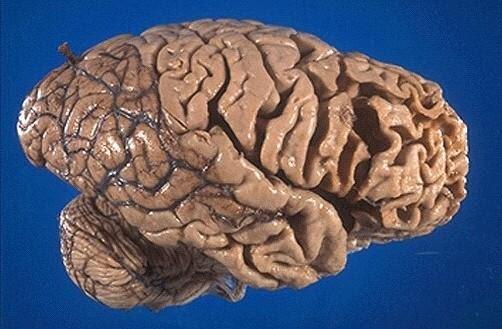A recent study conducted by a team of neurologists and biotechnicians at University Hospital and University of Tübingen, in collaboration with a colleague from Imperial College London, has revealed a significant decrease in brain complexity during fetal maturation, which continues even after birth.
Published in the journal Nature Mental Health, the researchers utilized magnetoencephalography (MEG) technology to capture fetal magnetic brain signals and analyze the patterns observed. Previous research has indicated a link between brain disorders such as autism and schizophrenia and events during fetal development, underscoring the importance of early interventions to mitigate the risk of such disorders. Consequently, there is a growing interest among medical researchers in studying brain development in utero.
The emergence of innovative technologies like red-light-based MEG has facilitated non-invasive recording of fetal magnetic brain signals, advancing the understanding of brain development without posing any harm to the mother or fetus. In this study, pregnant women were recruited to undergo MEG scans starting from 35 weeks of pregnancy up until birth, with follow-up scans conducted postnatally. Auditory signals were played to elicit responses from the fetus or newborn, which were then analyzed for complexity by introducing interruptions in the signal patterns to assess the brain’s ability to adapt to sudden changes.
The findings indicated a progressive decrease in complexity as the fetuses neared full maturity, with the lowest complexity observed just before birth. Surprisingly, this trend of declining complexity persisted postnatally, with males showing a faster rate of decrease compared to females.
The researchers initially found these results unexpected but upon further analysis, they deduced that the decline in complexity is indicative of a transition towards more organized patterns of connectivity in the maturing brain. This shift towards ordered connections enables the brain to process increasingly intricate information, marking a crucial stage in cognitive development.
The study sheds light on the dynamic changes in brain activity during fetal maturation and early postnatal development, underscoring the intricate processes underlying cognitive development. The findings hold significant implications for understanding the origins of brain disorders and the potential for targeted interventions during critical stages of brain development.
Note:
1. Source: Coherent Market Insights, Public sources, Desk research
2. We have leveraged AI tools to mine information and compile it




